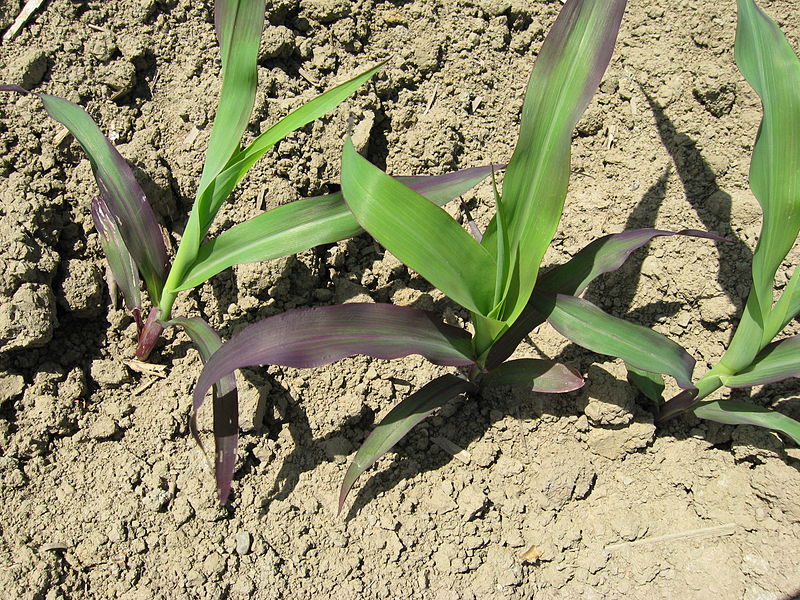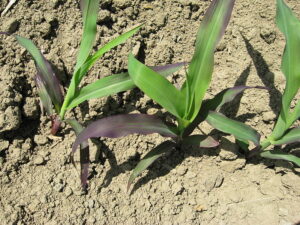Mitigating Phosphorus Deficiency Through Microbiology
Traditionally, farmers have used synthetic phosphorus fertilizers to address soil phosphorus deficiencies. However, a more sustainable and cost-effective method involves using natural biologics. This approach not only protects the environment but also promotes healthier soil and crop growth.
Reducing synthetic phosphorus applications has several benefits:
- Environmental Protection: It minimizes water pollution from runoff, preventing issues like eutrophication in water bodies.
- Soil Health: It helps maintain soil microbial diversity and prevents soil degradation.
- Cost Savings: It lowers the expenses of buying synthetic fertilizers.
- Sustainable Agriculture: It encourages using natural resources and sustainable farming practices.
- Crop Health: It reduces the risk of nutrient imbalances and potential plant toxicity.
To achieve these benefits and improve soil health and plant vigor, farmers can introduce Phosphorus-Soluble Microorganisms (PSMs). These beneficial microorganisms convert insoluble phosphorus in the soil into forms that plants can absorb, reducing the need for synthetic fertilizers. Common PSMs include bacteria like Pseudomonas, Bacillus, and Rhizobium and fungi such as Aspergillus and Penicillium.
Additionally, organic amendments such as compost, manure, or other organic materials can provide a slow-release source of phosphorus. Precision agriculture, which involves soil testing and precise application techniques, ensures that phosphorus is applied only where and when needed. Applying integrated nutrient management techniques by combining organic and inorganic nutrient sources optimizes phosphorus use efficiency.
By adopting these methods, farmers can improve soil health, reduce costs, and promote a more sustainable approach to agriculture.








